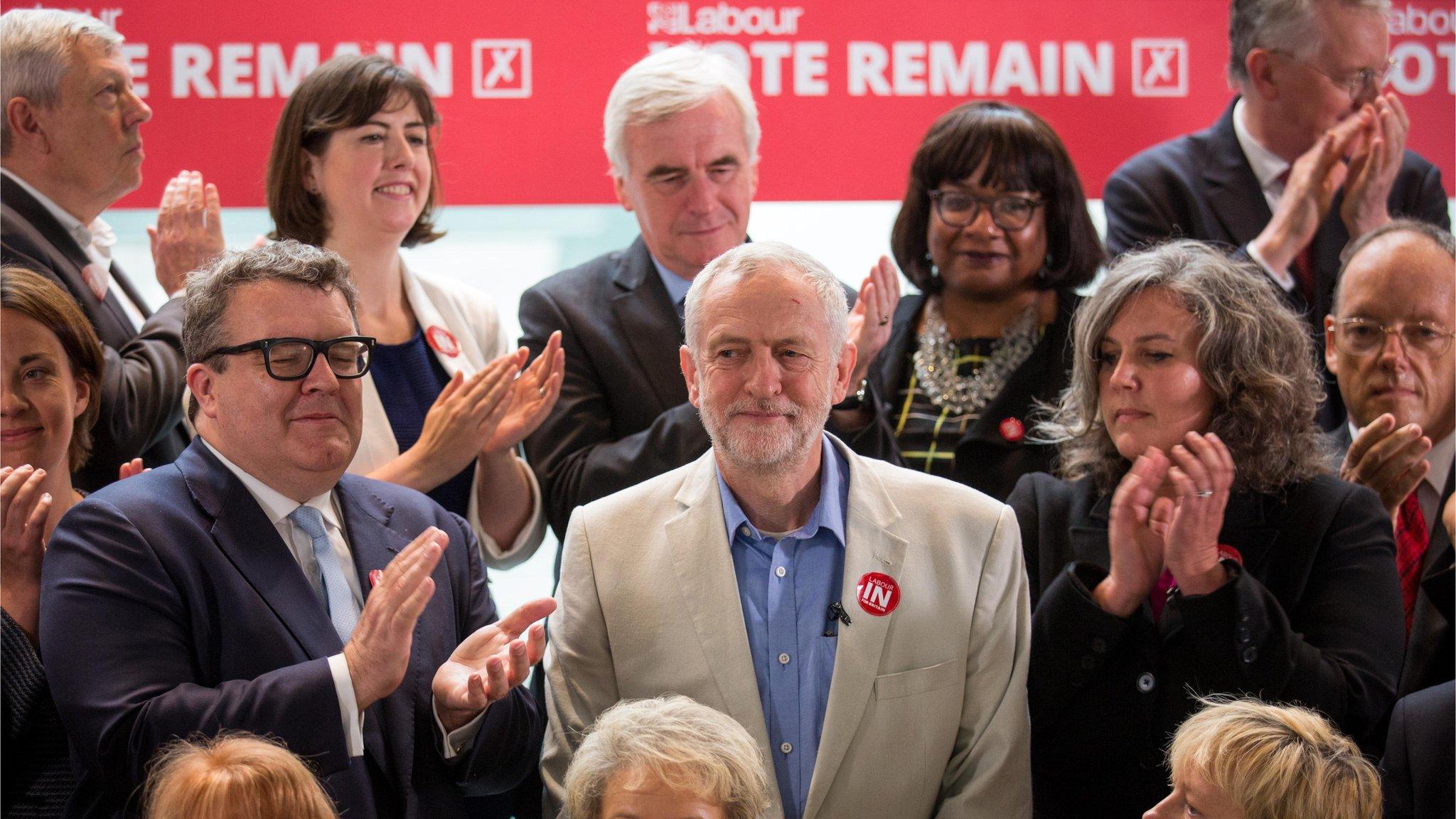Reality Check: What are polls saying ahead of snap election?
- Published
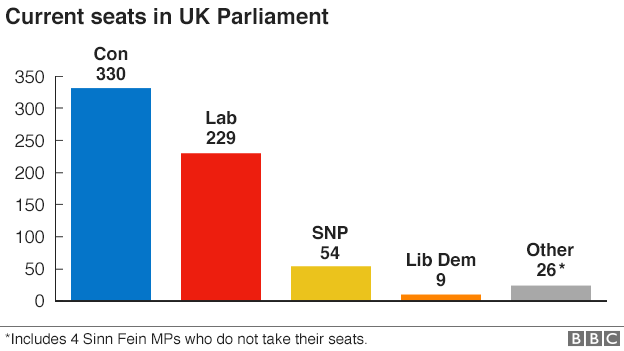
The Conservatives go into the election campaign with a commanding lead in the opinion polls.
An average of five polls published in April puts the Tories on a little under 43% compared with a bit over 25% for Labour - a lead of more than 17 percentage points.
In some individual polls the lead has been more than 20 percentage points.
Looking back over the period since the last general election in 2015, the Conservatives have never been behind Labour in the polling averages. But their lead has not always been as strong as it is currently.
In the run-up to last June's EU referendum, Labour closed the gap and even pushed ahead in a handful of individual polls.
Theresa May's lead now is comparable with the one Margaret Thatcher enjoyed ahead of the 1983 landslide.
By contrast, Labour are at their lowest level since Gordon Brown was in power.
As for the other parties, the Liberal Democrats have not seen the recovery in national opinion polls that they would have hoped for. For most of the time since 2015 they've been bouncing around close to the 8% they achieved in the election.
There has been a small rise for them since the turn of the year and their performance in by-elections, especially local council by-elections, has been very strong.
Support for UKIP rose in the run-up to the EU referendum but has fallen back since. They start the campaign close to where they were in 2015.
It's hard to tell from Britain-wide polls how parties are performing in Scotland and Wales in any detail. But it's clear that the SNP continue to dominate while Labour have fallen back further. That's also supported by the handful of Scotland-only polls.
Polling in Wales suggests little change since 2015.
It's worth remembering, though, that the opinion polls turned out to be wrong at the last general election so it would be unwise to assume they provide an accurate picture this time.
Also, even if the Conservative lead in the polls did turn into a swing at the general election, that would not necessarily convert into a landslide victory, because Labour has large majorities in many of the seats it currently holds.



- Published18 April 2017
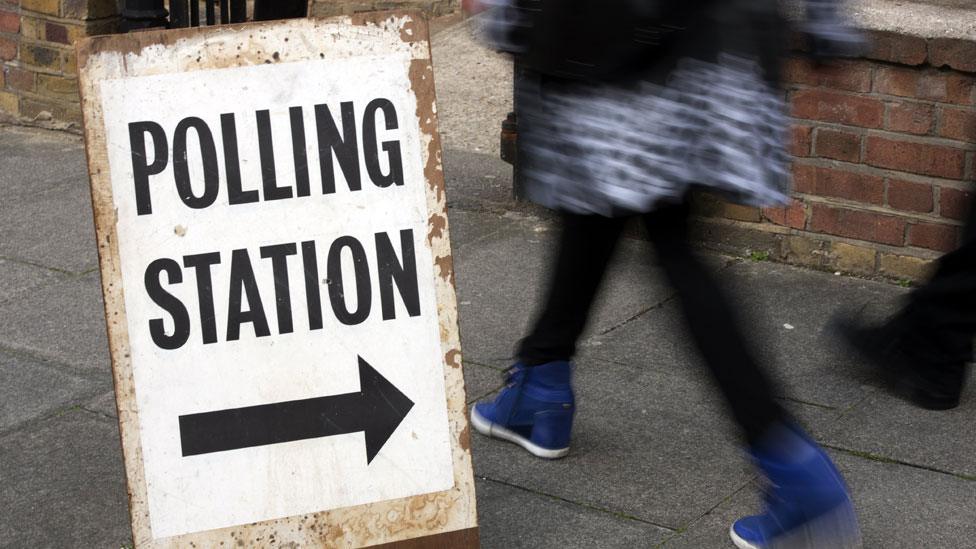
- Published18 April 2017
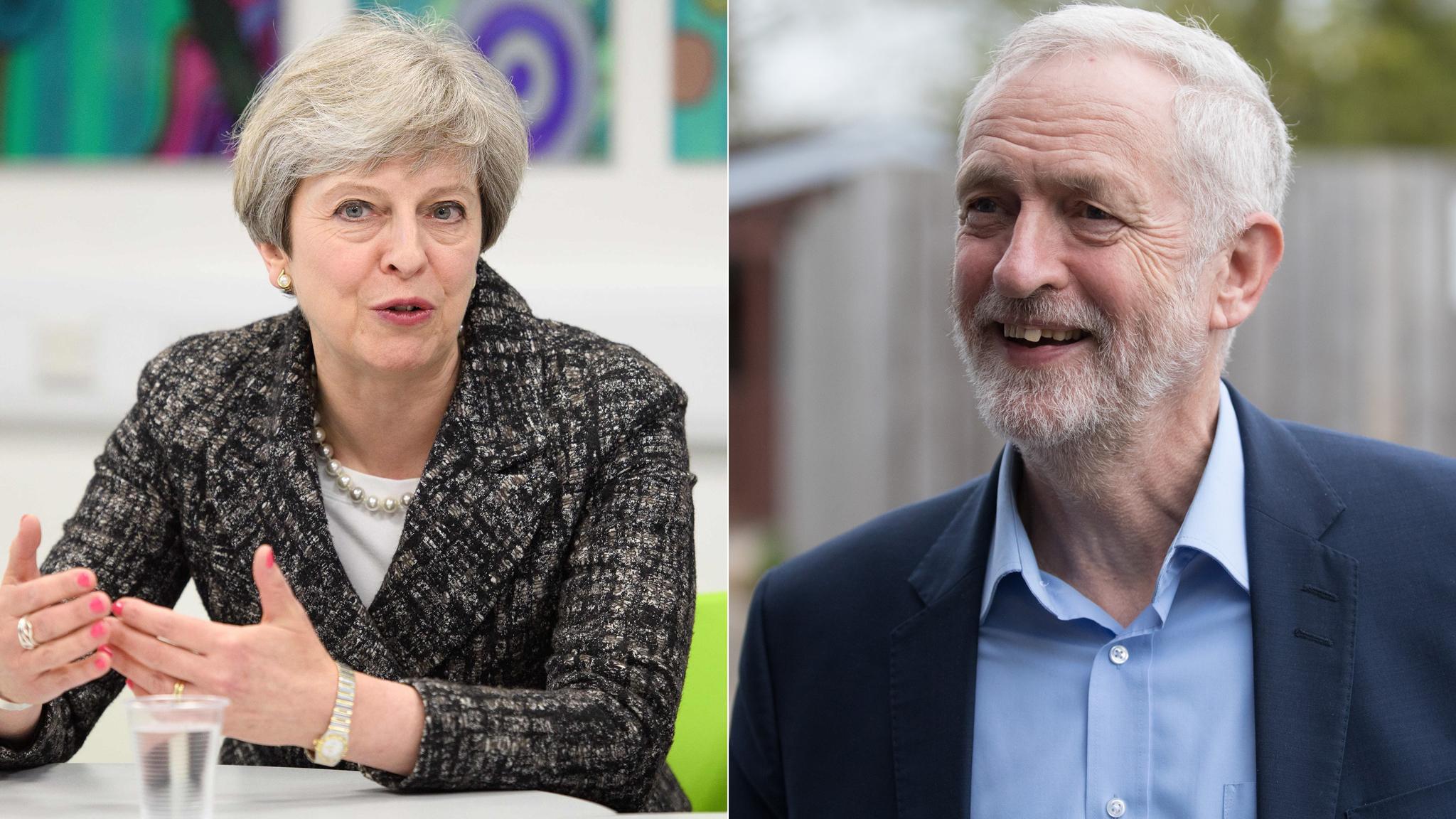
- Published18 April 2017
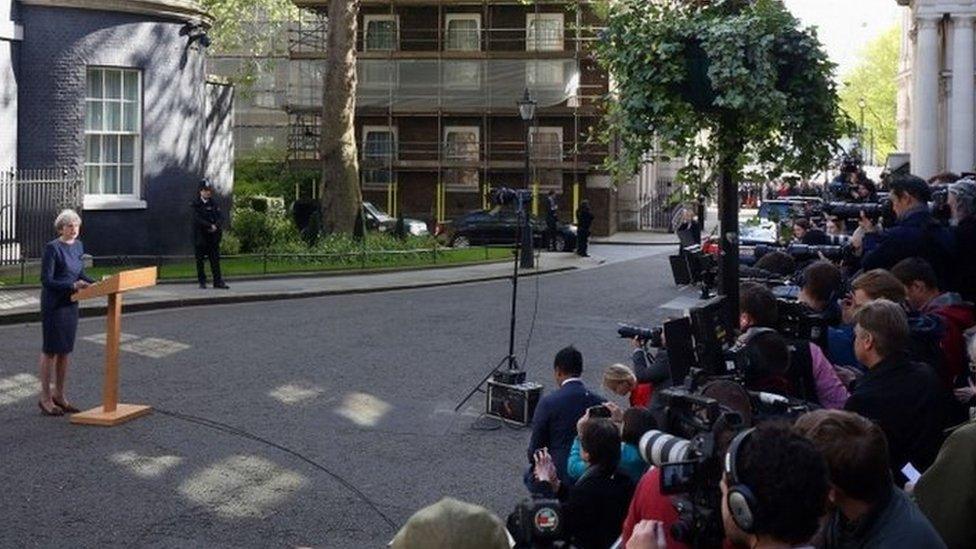
- Published18 April 2017
- Published3 January 2017
